
MCQ on Darwinism with Answers (PDF)
Darwinism refers to the theory of evolution by natural selection, originally proposed by Charles Darwin. It suggests that organisms with traits better suited to their […]

Darwinism refers to the theory of evolution by natural selection, originally proposed by Charles Darwin. It suggests that organisms with traits better suited to their […]

Neolamarckism is a modern interpretation and modification of Lamarck’s theory of evolution. While it acknowledges the inheritance of traits acquired during an organism’s lifetime, it […]
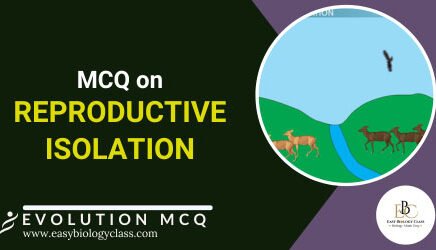
Reproductive isolation refers to mechanisms that prevent different species or populations from interbreeding and producing viable offspring. It is crucial for maintaining species boundaries and […]
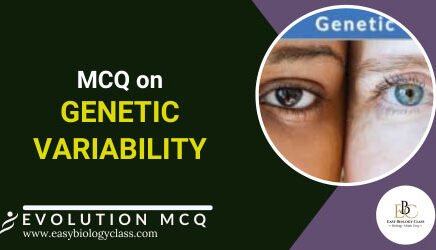
Genetic variability refers to the diversity in gene frequencies within a population, which leads to differences in the genetic makeup of individuals. It plays a […]
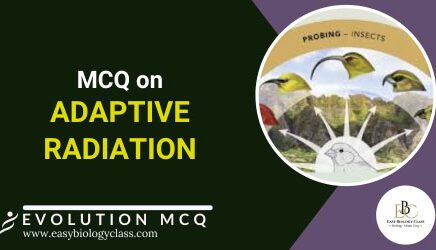
Adaptive radiation is the process by which a single ancestral species rapidly diversifies into a wide variety of forms to exploit different ecological niches. This […]

Lamarckism, also known as Lamarckian evolution, is an early theory of evolution proposed by Jean-Baptiste Lamarck. It suggests that organisms can pass on traits acquired […]
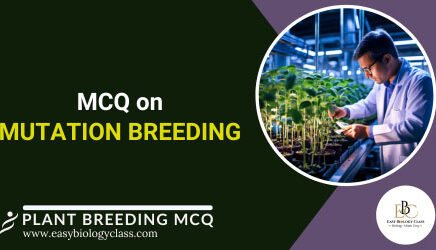
Mutation Breeding is the process of using physical or chemical mutagens to induce mutations in plants or other organisms to create new genetic variations. This […]
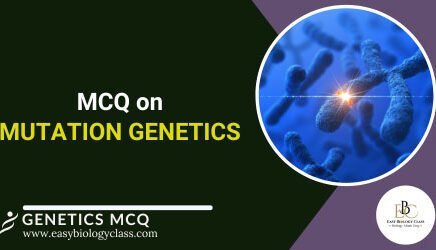
Mutation genetics is the study of changes in the genetic material of organisms, particularly the mechanisms, types, and effects of mutations on DNA. Mutations can […]
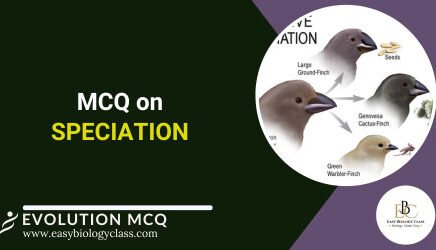
Speciation is the evolutionary process through which new biological species arise. It occurs when populations of a species become reproductively isolated from each other, leading […]